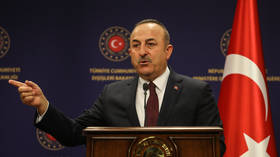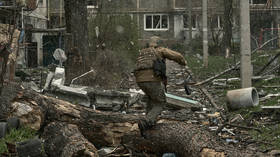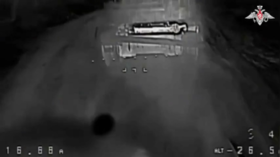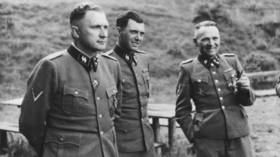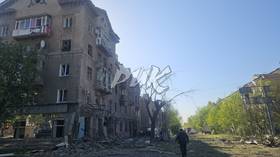Greece explains why it won’t send more weapons to Ukraine
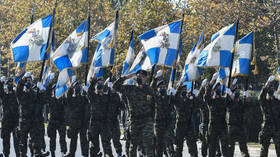
Greece has announced that it won't send any more weapons to Ukraine because it doesn’t have any to spare, and can't afford to weaken its own defenses. The country has been among the states that have armed Kiev after Russia launched its offensive in February.
“The defense equipment we sent to Ukraine came from our stocks. There is no issue of sending more,” Defense Minister Nikolaos Panagiotopoulos told the country’s parliament on Wednesday.
“There is no way we can weaken any part of our defense, especially on the islands, by taking a portion of it and sending it to Ukraine. I want to make this clear.”
Greece has already delivered military aid – such as portable rocket launchers, Kalashnikov rifles, and ammunition – to Ukraine.
Athens, however, has refused Washington’s request to transfer its heavier, Soviet-made weapons, such as the Tor-M1 and Osa-AK air defense missile systems, local media reported.
Western countries have been increasingly supplying Ukraine with weapons, ranging from tanks and armored personnel carriers to missile systems, after Russia attacked the neighboring country on February 24.
Not all NATO members, however, have agreed to arm Kiev. Hungary refused to send any weapons, arguing that it was not in the country’s interests to be dragged into the Russia-Ukraine conflict.
Russia attacked its neighbor in late February, following Ukraine’s failure to implement the terms of the Minsk agreements, signed in 2014, and Moscow’s eventual recognition of the Donbass republics of Donetsk and Lugansk. The German and French brokered Minsk Protocols were designed to give the breakaway regions special status within the Ukrainian state.
The Kremlin has since demanded that Ukraine officially declare itself a neutral country that will never join the US-led NATO military bloc. Kiev insists the Russian offensive was completely unprovoked and has denied claims it was planning to retake the two republics by force.
